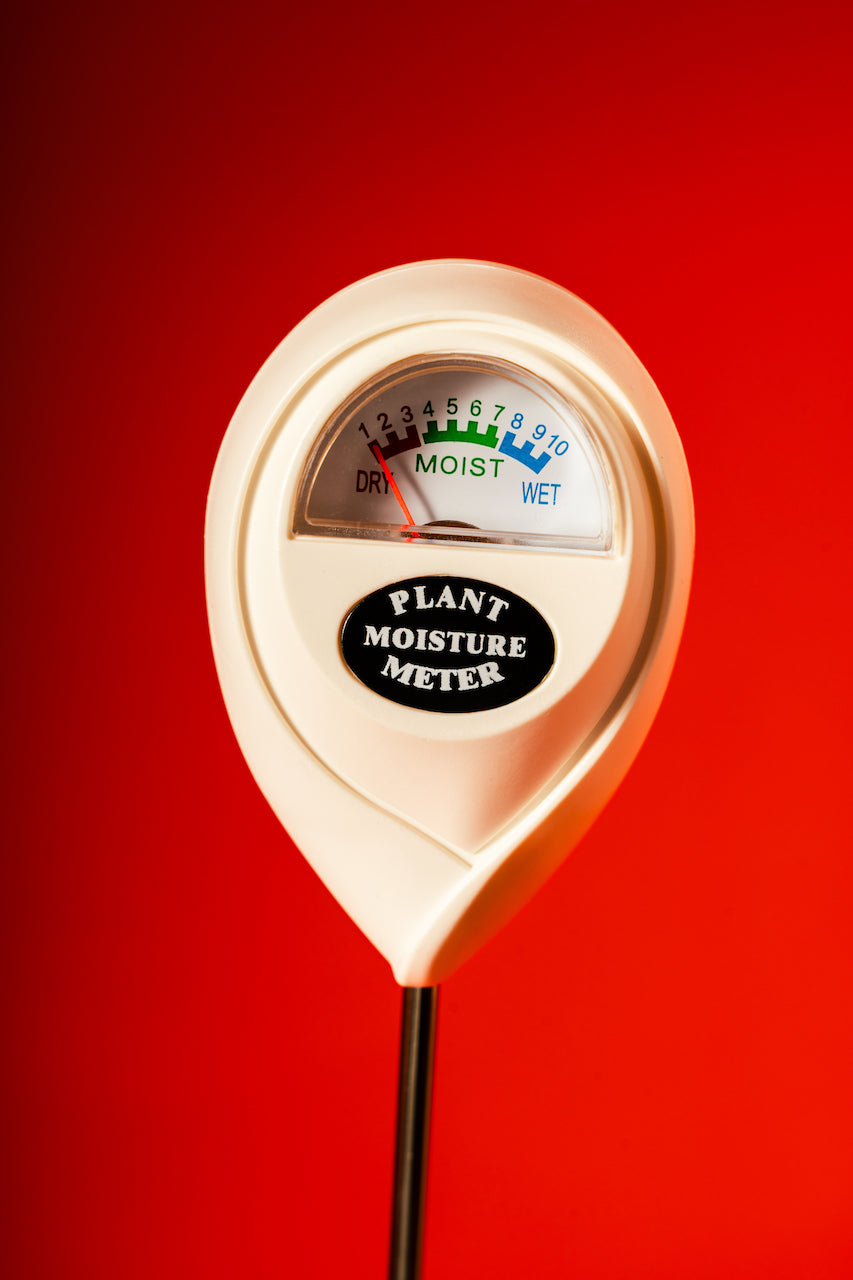The Ultimate Guide to Choosing the Right Moisture Meter for Your Requirements
The Ultimate Guide to Choosing the Right Moisture Meter for Your Requirements
Blog Article
The Ultimate Guide to Moisture Meters: A Comprehensive Summary and Exactly How They Can Conserve You Cash
In the realm of structure upkeep, building and construction, and numerous sectors, the value of precisely determining wetness levels can not be overstated. Moisture meters work as important tools in discovering and keeping an eye on moisture web content in products, assisting in protecting against pricey problems and ensuring the quality of items. Recognizing the subtleties of various kinds of dampness meters, their applications, and the possible cost-saving benefits they use can be a game-changer for companies and professionals alike. Uncovering just how these tools can not only simplify procedures but additionally add to financial savings is a trip worth starting.
Sorts Of Moisture Meters
Various sorts of moisture meters are available for different applications in different industries. One typical type is the pin-type wetness meter, which measures the electric resistance in between two pins put into a product. This kind is appropriate for timber, drywall, and other structure materials. Pinless wetness meters, on the other hand, use electromagnetic sensing unit plates to scan a larger location without causing damages to the product's surface. These meters are ideal for swiftly assessing wetness degrees in large areas such as floorings and walls.
Infrared dampness meters gauge the thermal residential or commercial properties of a material to determine its moisture web content non-invasively, making them valuable for applications where pin or pinless meters might not be appropriate. Comprehending the different types of moisture meters readily available can aid sectors pick the most ideal device for their details dampness dimension demands.

Benefits of Using Moisture Meters

Moreover, utilizing wetness meters can lead to increased energy effectiveness. In agricultural settings, wetness meters play a crucial function in optimizing plant yields by allowing farmers to keep track of soil moisture degrees and make educated watering decisions.
Just How to Pick the Right Moisture Meter
Picking the suitable moisture meter entails taking into consideration crucial variables such as material compatibility, measurement variety, and calibration accuracy. When choosing a dampness meter, it's vital to make sure that the meter is suitable for the certain material you will certainly be screening. Different products have differing electrical homes that can impact wetness readings, so selecting a meter made for your product is crucial for exact outcomes. Furthermore, take into consideration the dimension variety of the wetness meter. Make sure that the meter can discover wetness degrees within the array needed for your applications. Calibration accuracy is another critical factor to remember (Moisture Meter). Go with a wetness meter with trustworthy calibration to make sure precise and constant analyses. Some this content meters might need routine calibration modifications, so understanding the calibration process is very important. By very carefully assessing these variables, you can pick a moisture meter that satisfies your demands and supplies precise wetness dimensions for your tasks.
Proper Methods for Moisture Meter Usage
To ensure precise moisture analyses and make best use of the effectiveness of a moisture meter, utilizing proper strategies is vital. When making use of a pin-type wetness meter, put the pins or probes into the material being examined until they make full call. Make certain the pins are vertical to the surface to obtain one of the most exact reading. For pinless dampness meters, hold the gadget flat versus the product and relocate gradually to cover the entire area for a typical reading. It's vital to calibrate the wetness meter according to the product being checked to improve precision. Take several readings across the surface and ordinary them out for a much more trusted result. In addition, make sure that the product being examined is adjusted to the setting to stop skewed analyses. Regular upkeep of the dampness meter, such as cleaning up the pins or sensor, is also important to ensure exact and regular analyses. By complying with these appropriate strategies, individuals can rely upon their moisture meter try these out to supply trustworthy dampness levels, aiding in preventing costly damage or making sure top quality in numerous applications.

Price Savings With Moisture Meter Applications
Exactly how can the strategic application of dampness meters lead to considerable cost savings throughout different markets? In the farming market, moisture meters help in establishing the optimum time for collecting crops, preventing excess or over-drying wetness that can impact the final product's high quality.

Additionally, in the food processing market, moisture meters are necessary for keeping an eye on item high quality and ensuring conformity with safety regulations. By accurately gauging wetness content in food, manufacturers can stop spoilage, maintain freshness, and reduce waste, leading to considerable expense savings. In general, the tactical application of moisture meters is an important investment that can lead to significant cost reductions and boosted performance throughout different industries.
Verdict
In conclusion, wetness meters are valuable tools for gauging and finding dampness levels in different products. By utilizing the ideal wetness meter and adhering to proper strategies, individuals can effectively stop pricey damages triggered article source by excess dampness.
Moisture meters serve as indispensable tools in finding and monitoring moisture material in products, assisting in preventing expensive problems and making certain the quality of products. Infrared moisture meters determine the thermal homes of a product to establish its moisture content non-invasively, making them beneficial for applications where pin or pinless meters might not be ideal.Dampness meters supply important advantages in precisely evaluating and monitoring wetness levels in diverse materials and environments. In agricultural settings, moisture meters play a crucial role in enhancing crop yields by allowing farmers to keep track of soil wetness levels and make educated irrigation choices.In verdict, dampness meters are useful devices for identifying and gauging dampness degrees in different materials.
Report this page